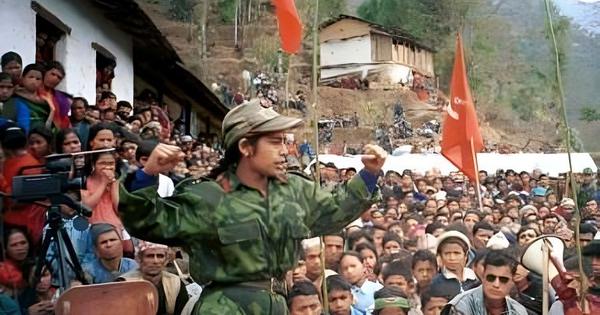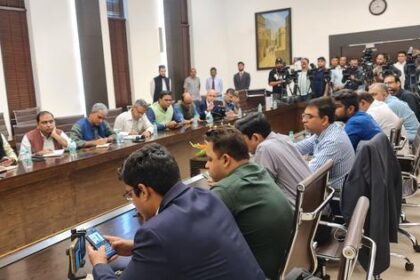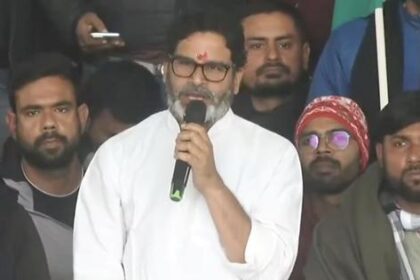Understanding the factors behind the Maoist uprising through Kshitiz Magar’s personal journey.
On January 3, 2006, Kshitiz Magar, vice-commander of a battalion within the Maoist army’s Fifth Division, participated in a significant campaign at Narikot in Pyuthan district. Born on December 30, 1978, in Rolpa’s Jelbang, Kshitiz was exposed to the Maoist movement during his school years. His involvement stemmed not from a deliberate choice but from a cultural immersion in the ideology of the rebellion, which was gaining momentum at that time. The conflict had devastating effects on his community, with sixty-eight casualties reported from Jelbang’s 519 households, marking it as one of the hardest-hit villages in the war.
In the early phases of the rebellion, Kshitiz navigated the jungles and villages under the cover of darkness, often seeking refuge in the homes of sympathetic locals. The fear of discovery was pervasive, leading him to resort to using plastic bags for waste disposal. As time progressed, he became more confident, joining larger groups of rebels engaged in violent confrontations with state forces. His participation included attacks on the police and army, notably the assault on Beni.
The Gandak Campaign, part of the Maoists’ military strategy, was initiated following a central committee meeting in September 2005. The leadership communicated a shift to a “strategic offensive” phase, reorganizing their military structure into seven divisions. The twelve-point agreement between the Maoists and the Seven Party Alliance set forth a plan for coordinated assaults against the autocratic monarchy, with the rebels expected to target state security forces while urban parties organized protests.
In this context, the Maoists strategized to create an atmosphere of fear, discouraging local political participation in the impending municipal elections. Kshitiz Magar and his comrades traversed various districts, from Arghakhanchi to Nawalparasi, employing a tactical approach to evade detection by army helicopters and maintain communication with local party committees that provided them sustenance and shelter. His diary entries reveal his observations and reflections, including his astonishment at the quality of rice available in these regions, contrasting sharply with the inferior grain consumed in his home village of Rolpa.
On January 31, 2006, Kshitiz participated in an attack on Tansen, the district headquarters of Palpa, where they notably set fire to a historic palace that housed government offices. This act occurred just before the first anniversary of King Gyanendra’s royal takeover, during which the king publicly claimed improvements in the nation’s security situation. Kshitiz noted the irony of the king’s statements, contrasting them with the reality unfolding in Tansen.
As the scheduled elections on February 8 approached, public sentiment grew increasingly hostile towards the monarchy, exacerbated by violence, including the assassination of political candidates. On the eve of the elections, the Maoists intensified their actions by burning government offices and instigating fear. The voting day itself saw limited participation, with reports indicating that only 20% of the electorate cast their votes, underscoring widespread disapproval of the king’s regime. Statements from international observers, including India, the US, and the UK, raised doubts about the legitimacy of the elections, marking a significant failure for King Gyanendra’s attempts to solidify his rule.








